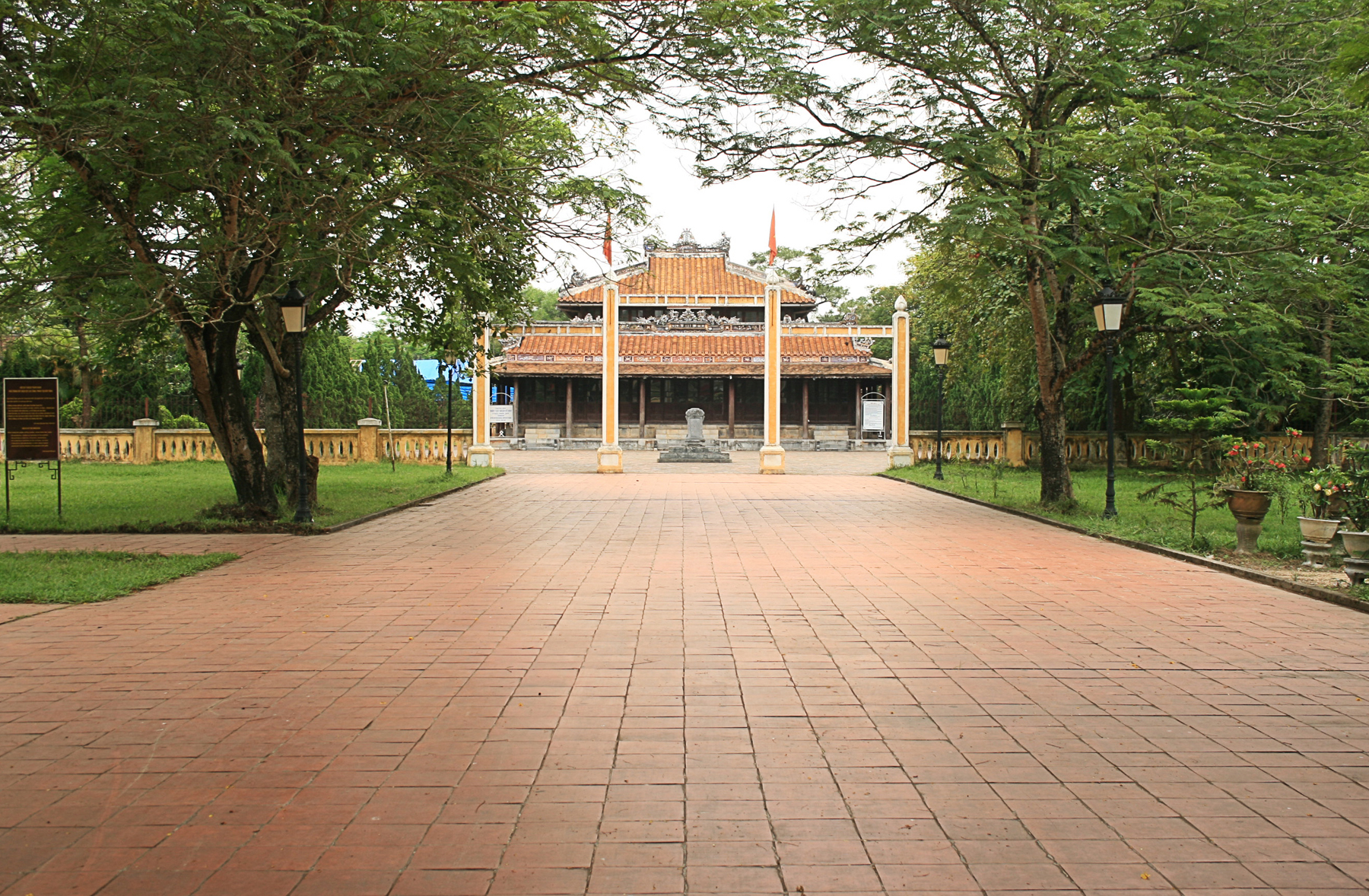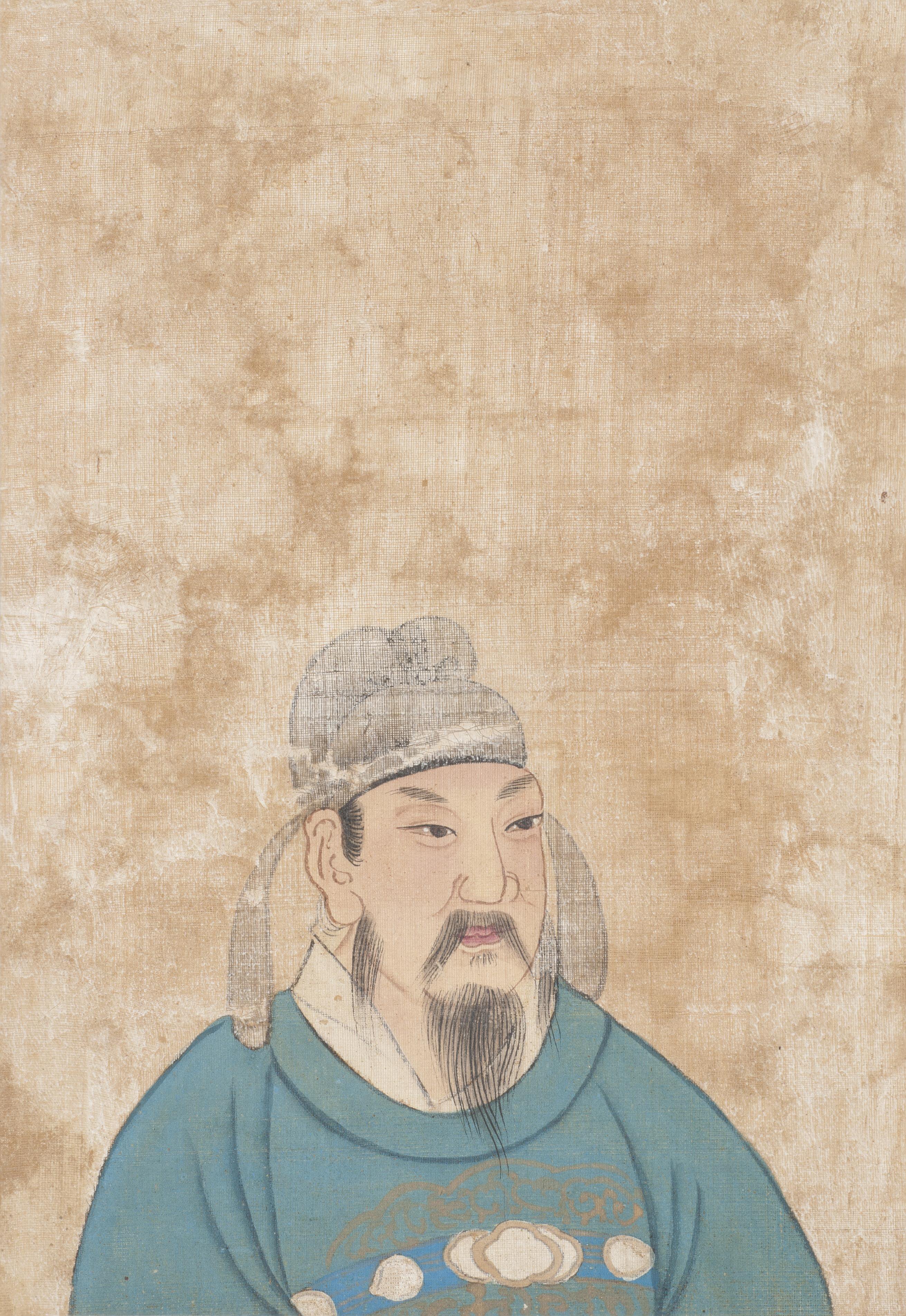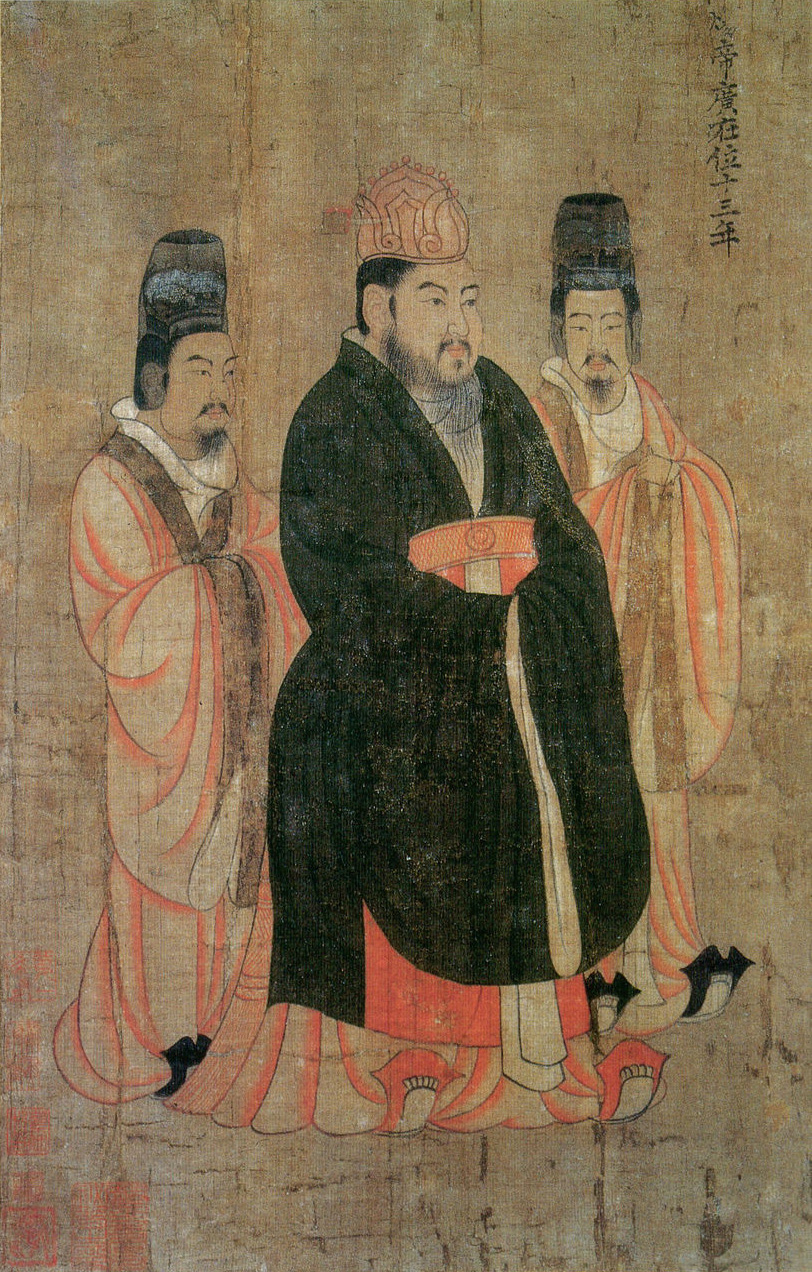|
Kong Yingda
Kong Yingda (; 574 – 648), courtesy names Chongyuan () and Zhongda (), was a Chinese philosopher during the Sui and Tang dynasty. An ardent Confucianist, he is considered one of the most influential Confucian scholars in Chinese history. His most important work is the ''Wujing Zhengyi'' ("Correct Meaning of the Five Classics"), which became the standard curriculum for the imperial examinations, and the basis for all future official commentaries of the Five Classics. He was also "skilled at mathematics and the calendar." Early life Kong Yingda was born 574 in Hengshui, Jizhou (), in the state of Northern Qi of the Northern dynasties. He was said to be a 32nd-generation descendant of Confucius, and his father Kong An (), grandfather Kong Shuo (), and great-grandfather Kong Linggui () all served as high-ranking government officials. Kong began studying Confucian classics in childhood. He later became a pupil of Liu Zhuo ( 劉焯), a renowned scholar of the time, and studied ... [...More Info...] [...Related Items...] OR: [Wikipedia] [Google] [Baidu] |
Ming Dynasty
The Ming dynasty, officially the Great Ming, was an Dynasties of China, imperial dynasty of China that ruled from 1368 to 1644, following the collapse of the Mongol Empire, Mongol-led Yuan dynasty. The Ming was the last imperial dynasty of China ruled by the Han people, the majority ethnic group in China. Although the primary capital of Beijing fell in 1644 to a rebellion led by Li Zicheng (who established the short-lived Shun dynasty), numerous rump state, rump regimes ruled by remnants of the House of Zhu, Ming imperial family, collectively called the Southern Ming, survived until 1662. The Ming dynasty's founder, the Hongwu Emperor (1368–1398), attempted to create a society of self-sufficient rural communities ordered in a rigid, immobile system that would guarantee and support a permanent class of soldiers for his dynasty: the empire's standing army exceeded one million troops and the naval history of China, navy's dockyards in Nanjing were the largest in the world. H ... [...More Info...] [...Related Items...] OR: [Wikipedia] [Google] [Baidu] |
Shangshu
The ''Book of Documents'' ( zh, p=Shūjīng, c=書經, w=Shu King) or the ''Classic of History'', is one of the Five Classics of ancient Chinese literature. It is a collection of rhetorical prose attributed to figures of ancient China, and served as the foundation of Chinese political philosophy for over two millennia. The ''Book of Documents'' was the subject of one of China's oldest literary controversies, between proponents of different versions of the text. A version was preserved from Qin Shi Huang's burning of books and burying of scholars by scholar Fu Sheng, in 29 chapters ( ). This group of texts were referred to as "Modern Script" (or "Current Script"; ), because they were written with the script in use at the beginning of the Western Han dynasty. A longer version of the ''Documents'' was said to be discovered in the wall of Confucius's family estate in Qufu by his descendant Kong Anguo in the late 2nd century BC. This new material was referred to as " O ... [...More Info...] [...Related Items...] OR: [Wikipedia] [Google] [Baidu] |
Emperor Gaozong Of Tang
Emperor Gaozong of Tang (21 July 628 – 27 December 683), personal name Li Zhi, was the third Emperor of China, emperor of the Chinese Tang dynasty, ruling from 649 to 683; after January 665, he handed power over the empire to his second wife Empress Wu (the future Wu Zetian), and her decrees were carried out with greater force than the decrees of Emperor Gaozong's. Emperor Gaozong was the youngest son of Emperor Taizong of Tang, Emperor Taizong and Empress Zhangsun; his elder brothers were Li Chengqian and Li Tai. Emperor Gaozong's reign saw the primacy of Empress Wu, who became the effective power behind the Tang rule. Emperor Gaozong was aided in his rule by Empress Wu during the later years of his reign after a series of strokes left him incapacitated. Emperor Gaozong effectively after January 665 delegated all matters of state to his strong wife; after that Empress Wu acted as the power behind the emperor, "hanging the curtain and listening to politics" (''Chuílián tīn ... [...More Info...] [...Related Items...] OR: [Wikipedia] [Google] [Baidu] |
Zhangsun Wuji
Zhangsun Wuji (; died 659), courtesy name Fuji (), formally the Duke of Zhao, was a Chinese politician who served as a chancellor in the early Tang dynasty. He was Empress Zhangsun's brother, which made him a brother-in-law of Emperor Taizong (Li Shimin) and a maternal uncle of Emperor Gaozong (Li Zhi). He was an important advisor to Li Shimin when the latter was still the Prince of Qin during the reign of his father, Emperor Gaozu (Li Yuan). He helped Li Shimin overcome his brothers Li Jiancheng (the Crown Prince) and Li Yuanji (the Prince of Qi) in a succession struggle at the Xuanwu Gate Incident, eventually enabling Li Shimin to become the heir apparent and later the emperor. He was also instrumental in Emperor Taizong's selection of Li Zhi as the Crown Prince, and was exceedingly powerful after Li Zhi took the throne as Emperor Gaozong. However, he gradually fell out of his nephew's favour by failing to support Emperor Gaozong's decision to depose his first wife, Empress ... [...More Info...] [...Related Items...] OR: [Wikipedia] [Google] [Baidu] |
Yan Shigu
Yan Shigu () (581–645), formal name Yan Zhou (), but went by the courtesy name of Shigu, was a famous Chinese historian, linguist, politician, and writer of the Tang dynasty. Biography Yan was born in Wannian (, in modern Xi'an, Shaanxi). His ancestors were originally from Langya (modern-day Linyi, Shandong). Yan's grandfather Yan Zhitui was an official under the Northern Qi. After the fall of Northern Qi, Zhitui became an official of the Northern Zhou, and moved his family to Guanzhong. His son Yan Silu, Yan's father, was also an official, and served in the residence of Li Shimin, future Emperor Taizong. Yan was well-read during his youth and was familiar with philology. Recommended by Li Gang (), he was given a post at Anyang county (now Xiangyang, Hubei) during the reign of Emperor Wen of Sui. One of his father's old friends, Xue Daoheng (), was impressed by Yan's talent, and often asked for his comments on his new works. For some reason, Yan Shigu was later dismis ... [...More Info...] [...Related Items...] OR: [Wikipedia] [Google] [Baidu] |
Viscount
A viscount ( , for male) or viscountess (, for female) is a title used in certain European countries for a noble of varying status. The status and any domain held by a viscount is a viscounty. In the case of French viscounts, the title is sometimes left untranslated as ''vicomte'' . Etymology The word ''viscount'' comes from Old French ( Modern French: ), itself from French language">Modern French: ), itself from Late Latin "deputy" + Latin">Vulgar_Latin.html" ;"title="Medieval Latin , accusative case">accusative of , from Vulgar Latin">Late Latin "deputy" + Latin (originally "companion"; later Roman imperial courtier or trusted appointee, ultimately count). History During the Carolingian Empire, the kings appointed counts to administer Government of the Carolingian Empire#subdivision, provinces and other smaller regions, as governors and military commanders. Viscounts were appointed to assist the counts in their running of the province, and often took on judicial r ... [...More Info...] [...Related Items...] OR: [Wikipedia] [Google] [Baidu] |
Book Of Sui
The ''Book of Sui'' () is the official history of the Sui dynasty, which ruled China in the years AD 581–618. It ranks among the official Twenty-Four Histories of imperial China. It was written by Yan Shigu, Kong Yingda, and Zhangsun Wuji, with Wei Zheng as the lead author. In the third year of Zhenguan of the Tang dynasty (629), Emperor Taizong of Tang ordered Fang Xuanling to supervise the completion of the Book of Sui, which was being compiled around the same time as other official histories were being written. The Book of Sui was completed in 636 AD, the same year as the ''Book of Chen'' was completed. Contents The format used in the text follows the composite historical biography format (斷代紀傳體) established by Ban Gu in the ''Book of the Later Han'' with three sections: annals (紀), treatises (志), and biographies (傳). The extensive set of 30 treatises, sometimes translated as "monographs", in the ''Book of Sui'' was completed by a separate set of au ... [...More Info...] [...Related Items...] OR: [Wikipedia] [Google] [Baidu] |
Guozijian
The Guozijian,Yuan, 194. sometimes translated as the Imperial College, Imperial Academy, Imperial University, National Academy, or National University, was the highest level academic and educational institution throughout most of imperial China's history. It was created under the reign of Emperor Wu of Jin (r. 265–289) and became the highest level academic institution in China over the next 200 years. After the demise of the Song dynasty (960–1279), it became synonymous with the previous highest level academic institution, the '' Taixue''. The Guozijian was abolished in 1907 during the Qing dynasty. History Origin The Guozijian (''Directorate of Education'') was founded under Emperor Wu of Jin (r. 265–289) to educate the nobility. After the nine rank system was introduced for grading bureaucrats in the Chinese government, the Guozijian was created for persons rank five and above, effectively making it the educational institution for nobles, while the Taixue was releg ... [...More Info...] [...Related Items...] OR: [Wikipedia] [Google] [Baidu] |
Fang Xuanling
Fang Qiao (579 – 18 August 648), courtesy name Xuanling, better known as Fang Xuanling (), posthumously known as Duke Wenzhao of Liang, was a Chinese statesman and writer who served as a chancellor under Emperor Taizong in the early Tang dynasty. He was the lead editor of the historical record ''Book of Jin'' (covering the history of the Jin dynasty (266–420)) and one of the most celebrated Tang dynasty chancellors. He and his colleague, Du Ruhui, were often described as role models for chancellors in imperial China. During the Sui dynasty Fang Xuanling was born in 579, shortly before the founding of the Sui dynasty in 581, during Sui's predecessor state, Northern Zhou. His great-grandfather Fang Yi () was a general, official, and hereditary count under the Northern Wei dynasty, and his grandfather Fang Xiong () was also an official. His father Fang Yanqian () was a county magistrate during the Sui dynasty. Fang Xuanling was said to be intelligent and well-learned in his ... [...More Info...] [...Related Items...] OR: [Wikipedia] [Google] [Baidu] |
Du Ruhui
Du Ruhui (585 – 6 May 630), courtesy name Keming, posthumously known as Duke Cheng of Lai, was a Chinese official who served as a chancellor under Emperor Taizong in the early Tang dynasty. He and his colleague, Fang Xuanling, were often described as role models for chancellors in imperial China. During Sui dynasty Du Ruhui was born in 585, during the reign of Emperor Wen of Sui. He was from the Du clan of Jingzhao, which came from the region around the capital Chang'an. His great-grandfather Du Jiao () and grandfather Du Hui () were both officials for Sui's predecessor state Northern Zhou, and his granduncle Du Guo () or Du Gao () was particularly well-regarded during Sui.It appears fairly clear that Du Hui, not Du Guo/Gao (with "Guo" and "Gao" being two easily confused characters), was Du Ruhui's grandfather, but not completely. Du Ruhui's biography in the ''Old Book of Tang'' first said that Du Hui was his grandfather, and then said that Du Guo was his grandfather. Se ... [...More Info...] [...Related Items...] OR: [Wikipedia] [Google] [Baidu] |
Emperor Taizong Of Tang
Emperor Taizong of Tang (28January 59810July 649), previously Prince of Qin, personal name Li Shimin, was the second emperor of the Tang dynasty of China, ruling from 626 to 649. He is traditionally regarded as a co-founder of the dynasty for his role in encouraging his father Li Yuan (Emperor Gaozu) to rebel against the Sui dynasty at Jinyang in 617. Taizong subsequently played a pivotal role in defeating several of the dynasty's most dangerous opponents and solidifying its rule over China proper. Taizong is considered to be one of the greatest emperors in China's history, and henceforth his reign became regarded as the exemplary model against which all future emperors were measured. His era, the "Reign of Zhenguan" () is considered a golden age in ancient Chinese history and was treated as required studying material for future crown princes. Taizong continued to develop imperial examination systems. He asked his officials to be loyal to policies, not people, in order to e ... [...More Info...] [...Related Items...] OR: [Wikipedia] [Google] [Baidu] |
New Book Of Tang
The ''New Book of Tang'', generally translated as the "New History of the Tang" or "New Tang History", is a work of official history covering the Tang dynasty in ten volumes and 225 chapters. The work was compiled by a team of scholars of the Song dynasty, led by Ouyang Xiu and Song Qi. It was originally simply called the ''Tangshu'' (唐書, Book of Tang) until the 18th century. History In Chinese history, it was customary for dynasties to compile histories of their immediate predecessor as a means of cementing their own legitimacy. As a result, during the Later Jin (Five Dynasties), Later Jin dynasty of the Five Dynasties and Ten Kingdoms period, a history of the preceding Tang dynasty, the ''Old Book of Tang'' () had already been compiled. In 1044, however, Emperor Renzong of Song ordered a new compilation of Tang history, based on his belief that the original ''Old Book of Tang'' lacked organization and clarity. The process took 17 years, being finally completed in 1060. ... [...More Info...] [...Related Items...] OR: [Wikipedia] [Google] [Baidu] |





